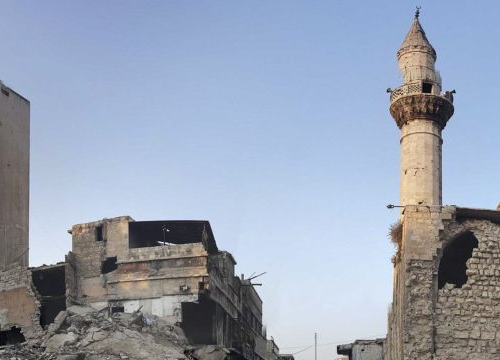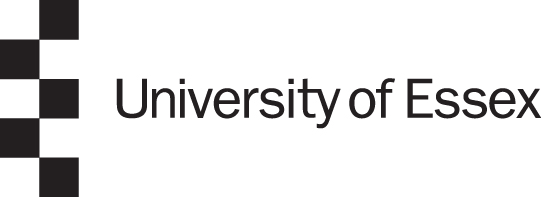Current Issues in Armed Conflict Conference
Current Issues in Armed Conflict Conference


ICRC

The Current Issues in Armed Conflict Conference is an annual conference co-organized with the Human Rights Centre and the School of Law at the University of Essex.
This year's edition will take place in London and will discuss the global system for accountability, reparations and justice from the perspective of victims, the qualification of armed conflict, armed gangs and organized crime and emerging military technologies. Some of these issues are drawn from the 2017 edition of the War Report.
Expert panels with leading academics and practitioners will address these topics. To foster interactions and debate among participants, speakers will provide different /complementary perspectives and leave space for interactions with the public.
More details on speakers and the programme will be announced in due course.
Reception
A drinks reception will follow from 19:00 - 19:30
Registration
For external guests please email This email address is being protected from spambots. You need JavaScript enabled to view it. to reserve your place.









